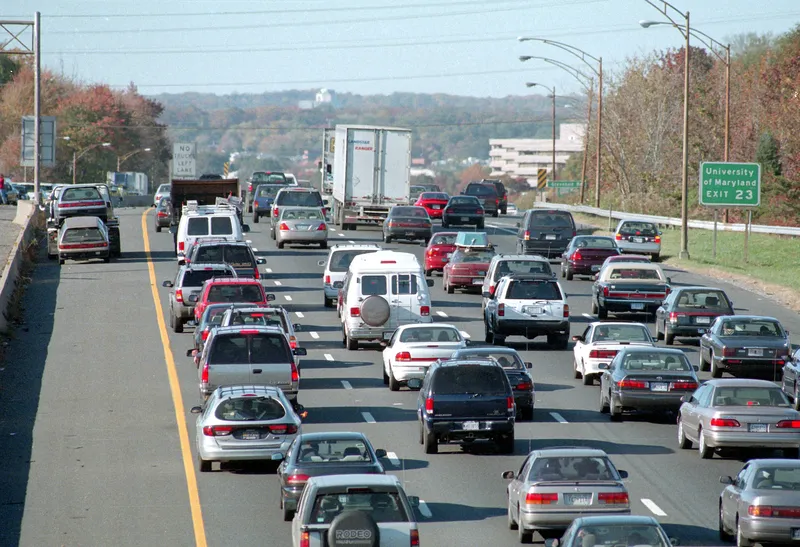Texas Department of Transportation (TxDOT) has awarded TransCore the Texas statewide toll systems integration and maintenance contract following a competitive procurement. The company was selected based upon an evaluation of its proposed solution, technology, qualifications, and price and now becomes TxDOT’s toll lane technology provider throughout the state of Texas.
July 20, 2012
Read time: 2 mins
The contract is to develop, install, integrate, test, and maintain all of TxDOT’s new open road tolling (ORT) and cash collection systems deployed throughout the state and maintain all existing ORT and cash collection lanes currently in operation. A key aspect of the proposed solution includes integrating all existing lane technology installed by the previous system integrator with TransCore’s technology. The approach allows TxDOT to seamlessly transition to TransCore as its toll lane technology and maintenance provider. It is claimed that the end result will be a very robust and efficient toll collection system that promotes statewide interoperability and reduces long-term operational costs through efficient maintenance processes and highly proven and technologically advanced toll products.
“TransCore’s experience in Texas, deploying the nation’s first electronic toll collection system in Dallas as well as supporting Austin and Houston’s growing network of toll roads, includes a statewide footprint of more than 300 toll collection engineers, technical experts, software developers, and technicians. This provides TxDOT the ability to bridge the past with the present and build for the future,” explained John Simler, president of TransCore.
TransCore currently oversees the maintenance and operations of more than 30 individual toll collection systems across the country, which the company says makes it the largest single provider of toll maintenance services in the United States. The company’s expertise in toll maintenance covers all technologies required for TxDOT, including coin machines, radio frequency identification (RFID), vehicle classification systems, overhead scanners, manual toll collection equipment, and complete system administration and maintenance for back office systems and servers.








